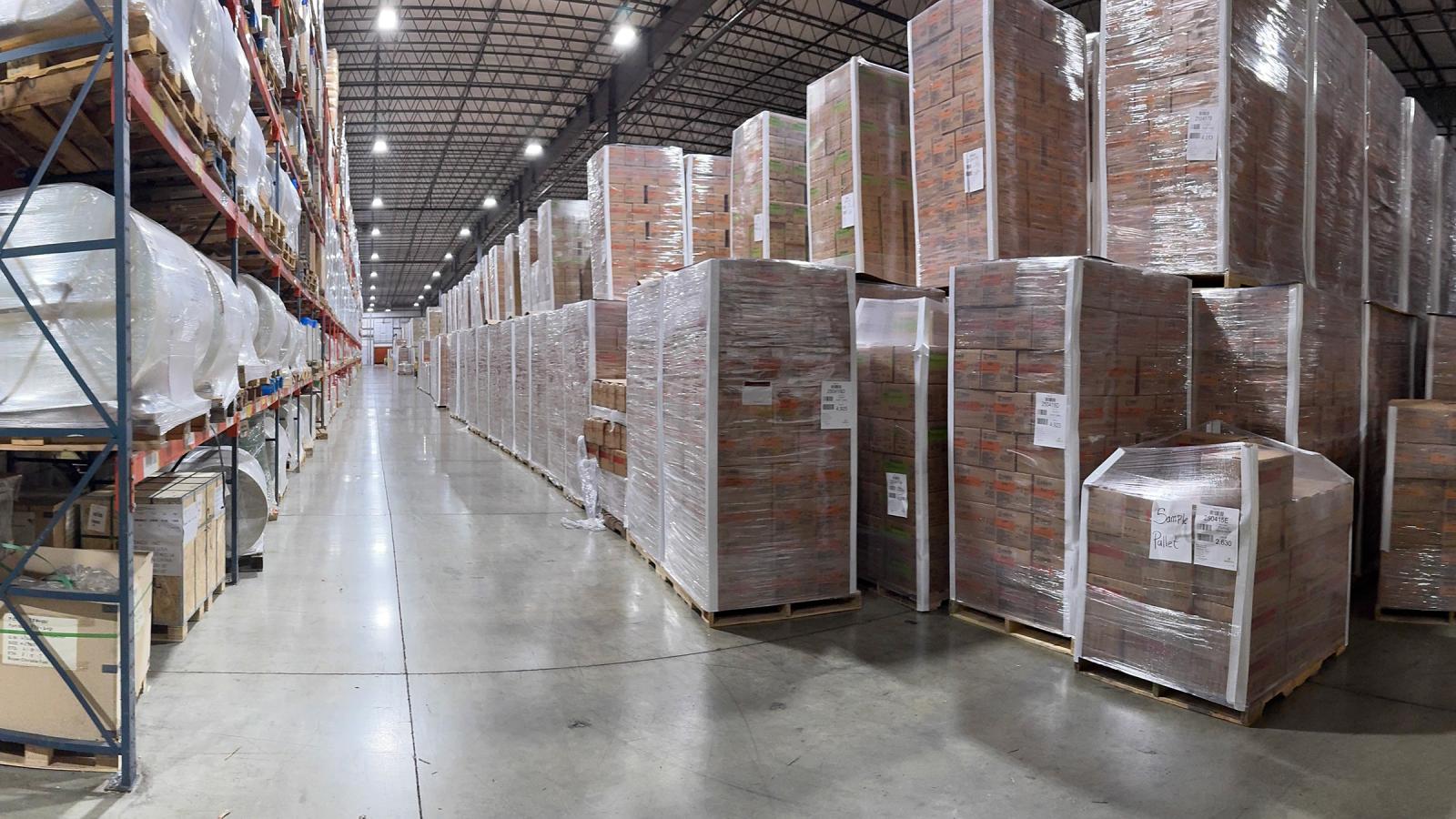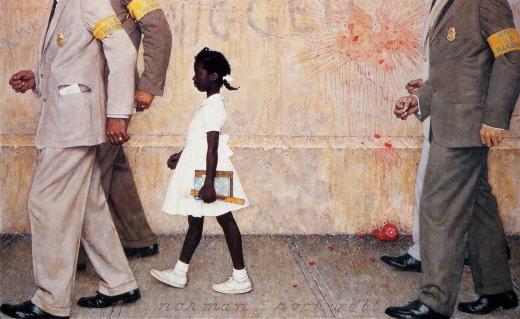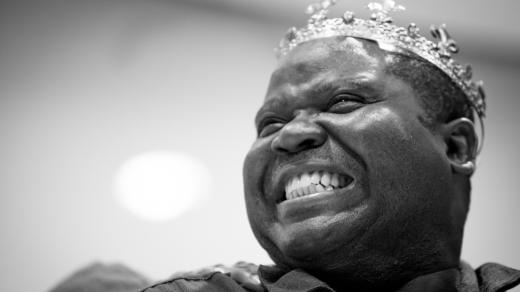On his first day in office, President Trump decided to freeze all U.S. foreign aid. Soon after, his administration effectively dissolved USAID—the federal agency that delivers billions in food, medicine, and other aid worldwide. Many of its programs have been canceled. Now, as USAID officially winds down, we try to assess its impact. What was good? What was not so good? We meet people around the world wrestling with these questions and trying to navigate this chaotic moment.
-
Download Control-click (or right-click) Tap and hold to download
- Subscribe on Spotify Subscribe in Apple Podcasts Subscribe
- Transcript

Boxes of food aid sit in a Rhode Island warehouse after USAID cuts halt shipments.
Ira Glass/This American Life
63 Years, 7 Months, 26 Days
USAID was founded in 1961. Since then, it has spent hundreds of billions of dollars all over the world. What did that get us? Producer David Kestenbaum talked with Joshua Craze and John Norris about that. (12 minutes)
Joshua Craze's article for the New York Review of Books is "USAID: Goodbye to All That?" John Norris wrote the book The Enduring Struggle - The History of the U.S. Agency for International Development and America’s Uneasy Transformation of the World.
Case Study
Two Americans moved to Eswatini when that country was the epicenter of the AIDS epidemic. With support from USAID, they built a clinic and started serving HIV+ patients. Now that US support for their clinic has ended, they are wondering if what they did was entirely a good thing. (27 minutes)
Chico Harlan wrote about USAID in Eswatini for The Washington Post.
Two Daughters
When USAID suddenly stopped all foreign assistance without warning or a transition plan, it sent people all over the world scrambling. Especially those relying on daily medicine provided by USAID. Producer Ike Sriskandarajah spoke to two families in Kenya who were trying to figure it out. (8 minutes)
Katharine Houreld wrote about cuts to PEPFAR in Kenya for The Washington Post.



